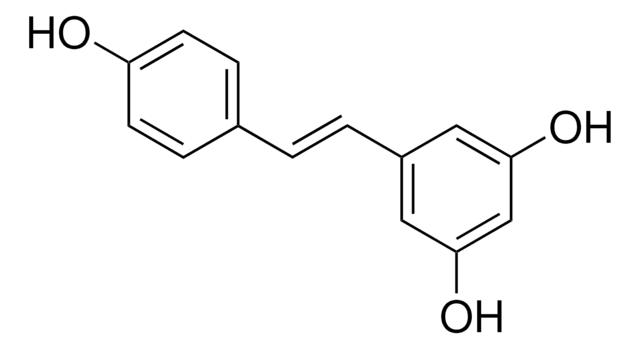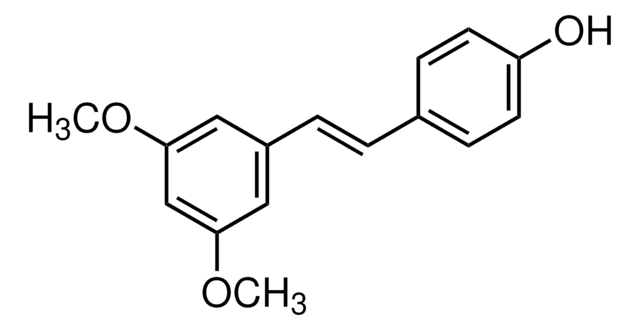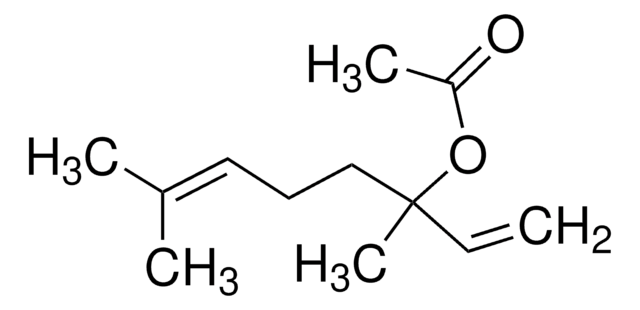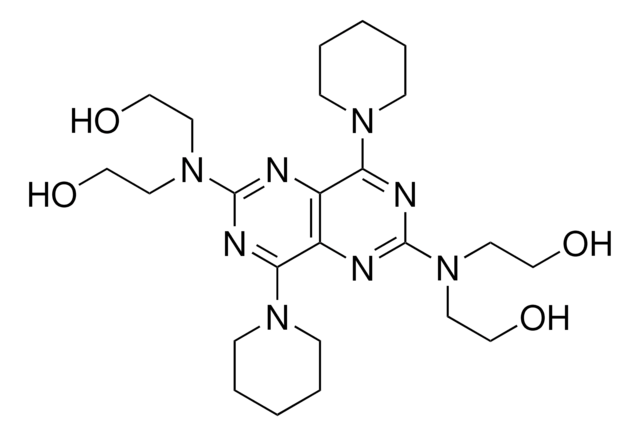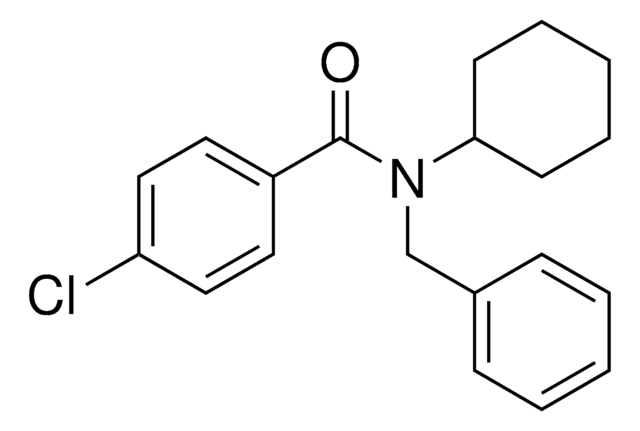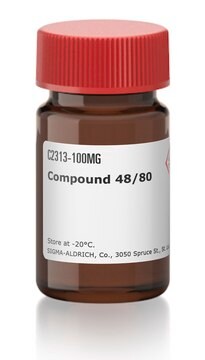SRP3322
R-SPONDIN-2 human
recombinant, expressed in CHO cells, ≥95% (SDS-PAGE), ≥95% (HPLC)
Sinónimos:
RSPO2, Roof plate-specific spondin-2
Iniciar sesiónpara Ver la Fijación de precios por contrato y de la organización
About This Item
Código UNSPSC:
12352202
NACRES:
NA.32
Productos recomendados
origen biológico
human
recombinante
expressed in CHO cells
Ensayo
≥95% (HPLC)
≥95% (SDS-PAGE)
Formulario
lyophilized
mol peso
24.4 kDa
envase
pkg of 20 μg
impurezas
endotoxin, tested
Nº de acceso UniProt
Condiciones de envío
wet ice
temp. de almacenamiento
−20°C
Información sobre el gen
human ... RSPO2(340419)
Categorías relacionadas
Descripción general
Recombinant human R-Spondin-2 (R-Spo2) is a 24.4kDa protein consisting of 212 amino acid residues. R-Spo2 is encoded by the gene mapped to human chromosome 8q23.1. The encoded protein belongs to the R-spondin family of secreted proteins. Members of RSpo family contain two furin-like cysteine-rich domains at N- terminal end and thrombospondin structural domain and a basic charged C- terminal domain.
Acciones bioquímicas o fisiológicas
R-Spondin 2 (R-Spo2) plays a vital role in the activation of canonical Wnt signaling pathway, which is essential for normal morphogenesis of the respiratory tract and limbs. R-Spo2 positively regulates Wnt-dependent mineralization of osteoblasts, myogenic differentiation and hypertrophic myotube formation. R-Spo2 is also involved in skeletal development. Aberration in the expression of RSPO2 causes ossification of the posterior longitudinal ligament of the spine (OPLL), resulted by the altered differentiation of spinal ligament MSCs (mesenchymal stem cells) into chondrocytes. R-Spo2 is associated with various developmental processes, such as myogenesis, craniofacial morphogenesis, keratinocyte proliferation, osteoblast maturation, lung and limb development. R-Spo2 interacts with leucine-rich-repeat-containing G-protein-coupled receptor 5 (Lgr5) and stimulates acetylcholine receptor (AChR) clustering at the neuromuscular junction (NMJ).
Forma física
Lyophilized from 10 mM Sodium Phosphate, pH 7.5 + 150 mM NaCl.
Reconstitución
Centrifuge the vial prior to opening. Reconstitute in water to a concentration of 0.1-0.5 mg/ml. Do not vortex. This solution can be stored at 2-8°C for up to 1 week. For extended storage, it is recommended to further dilute in a buffer containing a carrier protein (example 0.1% BSA) and store in working aliquots at -20°C to -80°C.
Código de clase de almacenamiento
11 - Combustible Solids
Clase de riesgo para el agua (WGK)
WGK 3
Punto de inflamabilidad (°F)
Not applicable
Punto de inflamabilidad (°C)
Not applicable
Elija entre una de las versiones más recientes:
Certificados de análisis (COA)
Lot/Batch Number
¿No ve la versión correcta?
Si necesita una versión concreta, puede buscar un certificado específico por el número de lote.
¿Ya tiene este producto?
Encuentre la documentación para los productos que ha comprado recientemente en la Biblioteca de documentos.
R-spondin 2 promotes acetylcholine receptor clustering at the neuromuscular junction via Lgr5.
Nakashima H
Scientific Reports, 6:28512 (2016)
Secreted factor R-Spondin 2 is involved in refinement of patterning of the mammalian cochlea.
Mulvaney JF
Developmental Dynamics, 242(2), 179-188 (2013)
R-spondin 2 is required for normal laryngeal-tracheal, lung and limb morphogenesis.
Bell SM
Development, 135(6), 1049-1058 (2008)
R-Spondin family members regulate the Wnt pathway by a common mechanism.
Kim KA
Molecular Biology of the Cell, 19(6), 2588-2596 (2008)
Masahiro Nakajima et al.
American journal of human genetics, 99(1), 202-207 (2016-07-05)
Ossification of the posterior longitudinal ligament of the spine (OPLL) is a common spinal disorder that results from ectopic ossification of the posterior longitudinal ligament and causes intractable myelopathy and radiculopathy. In a previous genome-wide association study (GWAS), we found
Nuestro equipo de científicos tiene experiencia en todas las áreas de investigación: Ciencias de la vida, Ciencia de los materiales, Síntesis química, Cromatografía, Analítica y muchas otras.
Póngase en contacto con el Servicio técnico